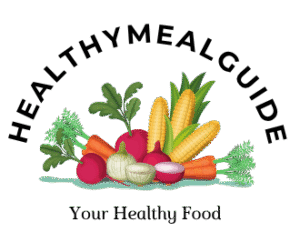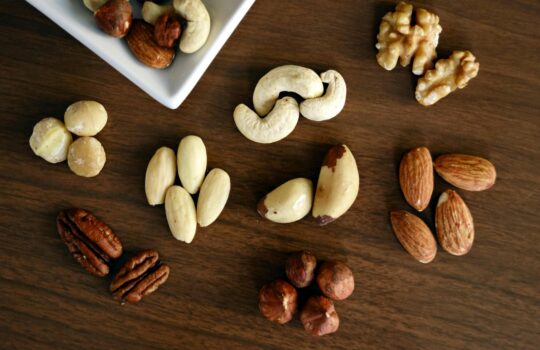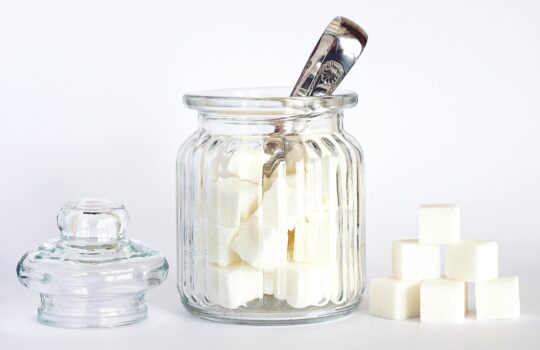If you're trying to eat healthy, lose weight, or just feel better — you've probably heard the phrase:
“A calorie is a calorie.”
But is it really that simple?
In this article, we’ll break down:
What a calorie actually is
Why not all calories are equal
How your body processes different foods
Why focusing on quality is more important than just counting numbers
Let’s dive in 👇
First, What Is a Calorie?
A calorie is simply a unit of energy.
More precisely: it’s the amount of energy needed to raise the temperature of 1 gram of water by 1°C.
In nutrition, calories tell us how much energy a food provides your body.
But here’s the catch:
Not all calories affect your body the same way.
100 Calories: Soda vs. Almonds
Let’s compare two snacks — both with 100 calories:
Option A: Soda
100% from sugar
No fiber, no protein, no nutrients
Digested in seconds
Causes a blood sugar spike, followed by a crash
Leaves you hungry again quickly
Option B: Almonds
Contains fat, protein, fiber
Digested slowly
Stabilizes blood sugar
Provides magnesium, vitamin E, and antioxidants
Keeps you full for hours
✅ Same calories — completely different effect on your body.
Why Food Quality Matters
When you eat, your body responds to more than just the calorie count.
Here’s what affects how your body uses (or stores) that energy:
| Factor | Why It Matters |
|---|---|
| Macronutrient balance | Protein & fiber keep you full; sugar makes you crash |
| Nutrient density | Foods with vitamins & minerals help the body function better |
| Satiety (fullness) | Whole foods keep you satisfied; processed foods trigger overeating |
| Blood sugar response | Stable blood sugar = stable energy & mood |
Think: How Your Body Processes the Calories
Here’s a simple way to understand it:
Processed carbs & sugar = quick energy → stored as fat if not used
Protein & fiber = slow digestion → supports muscle & metabolism
Healthy fats = long-lasting energy → helps brain & hormone function
So even if two foods have the same calories, one might fuel your body, while the other just adds fat.
Real-World Examples:
| 200 Calories of... | How It Affects You |
|---|---|
| Donut | Quick sugar, no fiber → hunger in 1 hour |
| Boiled eggs + veggies | Protein & fiber → full for 3–4 hours |
| Candy bar | Blood sugar spike → crash & cravings |
| Handful of almonds | Steady energy, supports metabolism |
| White bread sandwich | High glycemic index → fat storage mode activated |
What to Focus On Instead of Just Counting Calories:
Ingredient Quality
Choose whole, minimally processed foods
Avoid artificial additives, trans fats, and refined sugars
Macronutrient Balance
Include protein, healthy fats, and fiber in most meals/snacks
Portion Awareness (not obsession)
Listen to hunger/fullness cues
Don’t over-rely on apps or numbers
How You Feel After Eating
Energized? Focused? Full?
Or tired, bloated, craving more?
Final Takeaway
Not all calories are created equal.
Yes, quantity matters — but quality matters more.
If you want to:
Feel full longer
Reduce cravings
Support your metabolism
Avoid energy crashes
👉 Focus on foods that nourish, not just fill.
Bonus Tip:
📥 Want a Calorie Comparison Cheat Sheet (PDF) that shows you better swaps for common high-calorie snacks?
We’re adding one soon to our Downloadables — stay tuned!






